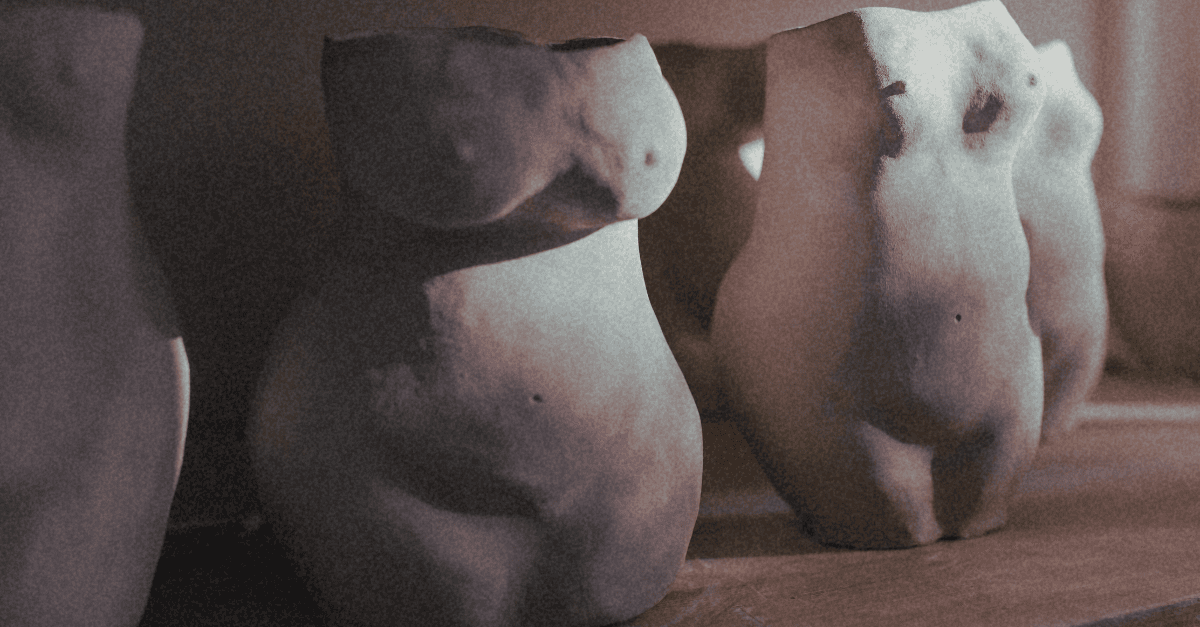
Pregnancy loss brings a storm of emotions: sadness, anger, guilt, disbelief. But one of the most surprising and often hard to name emotions is jealousy, which is also a part of grieving.
It can feel like babies and pregnancies are everywhere. A coworker’s announcement, a friend’s ultrasound photo, a stroller passing on the street, even a commercial — these everyday moments can feel unbearable. Alongside your grief, you may notice a sharp pang of envy: Why them and not me? That question comes from heartbreak, not hostility.
If you’ve felt this way, you’re not alone. Jealousy after miscarriage is deeply common. And importantly — it does not mean you’re unkind, selfish, or unable to celebrate others. It means you’re grieving.
Why Jealousy Happens After Loss
Grief shows up in many forms. After miscarriage, jealousy often comes from three overlapping places:
Unmet longing: Jealousy can feel shameful or ugly, but it’s the flip-side of love. It shows how deeply you cared and how much you wanted the future you imagined. Try to see this emotion as evidence of attachment and hope.
Sense of unfairness: Miscarriage often feels cruel and random. Watching someone else’s healthy pregnancy can stir questions of fairness: Why them? Why not me?
Biology: Jealousy is not just an emotion, it’s a stress response. After pregnancy loss, the brain is hyper-alert towards any signs of threats (anything baby or pregnancy related), and scanning for reminders of what was lost. Seeing a baby bump, or pregnancy announcement, can trigger the same system, flooding your body with cortisol and grief. Understanding the biology can help you meet it with compassion, not shame.
Why It Feels So Taboo
Many people are reluctant to admit they feel jealous, even in support groups. We’re conditioned to celebrate pregnancy and “be happy for others.” That makes jealousy feel shameful.
But jealousy is not a sign of bitterness — it’s a normal human response to grief. The UK Miscarriage Association emphasizes that jealousy, resentment, and sadness are common emotions after loss. It can help to recognise jealously as part of grief, to reduce feelings of shame and self-blame.
Coping With Jealousy: Practical Steps
While you can’t stop jealousy from arising, you can soften its impact.
1. Give your feelings a name
Acknowledge the feeling: “This hurts. I feel jealous.” Naming it reduces shame.
2. Set Boundaries
It’s okay to skip a baby shower, mute pregnancy announcements on social media, or gently decline invitations. Protecting your heart isn’t selfish — it’s self-care.
3. Prepare Scripts
If you’re worried about being caught off guard, have phrases ready:
“I’m so happy for you, but it’s hard for me to talk about right now.”
“Thank you for understanding if I need some space.”
4. Create Your Own Rituals
Mark your baby’s memory in ways that honor your grief — light a candle, plant a tree, write in a journal. Shifting focus back to your loss helps you process it rather than comparing yourself to others.
5. Seek Connection
Sharing these feelings with a trusted friend, partner, or therapist helps release the shame. Online communities (like Tommy’s Baby Loss Support) or local groups can normalize what you’re experiencing.
It is also normal that the feeling of jealousy can feel a lot less piercing as time passes. It doesn't mean you have forgotten or completely moved on, it just means that you no longer interpret other’s pregnancies as threatening. You can start slowly re-engaging at your own pace - each step means you’re recovering, not forgetting.
When Jealousy Feels Overwhelming
If jealousy feels constant or consuming, it doesn't mean you are broken, it means that grief has become too heavy to carry alone. If you continue to feel triggered by seeing other pregnant people, or experience physical symptoms, it may be good to talk to your therapist or GP to provide relief and coping strategies. Treatments like CBT (cognitive behavioral therapy) are effective for reframing thought patterns, and trauma-focused approaches like EMDR can help if reminders feel unbearable (Farren et al., BMJ Open, 2020).
Key Takeaways
Jealousy after miscarriage is normal and common — it reflects grief, not selfishness.
Protecting yourself from painful triggers is valid.
Coping strategies like setting boundaries, preparing scripts, and seeking support can ease the intensity.
If jealousy feels overwhelming or unrelenting, professional support can help.
✨ Sibyl is a digital companion for miscarriage grief, including gentle prompts, coping strategies, and a safe space to process emotions like jealousy. If you’d like to be part of shaping Sibyl, sign up to test an early version of the app: https://www.sibyl.care/signup



